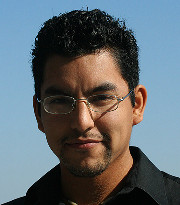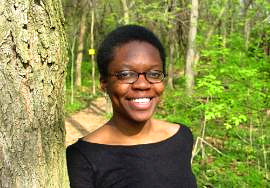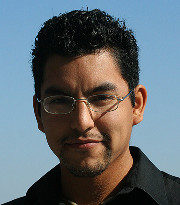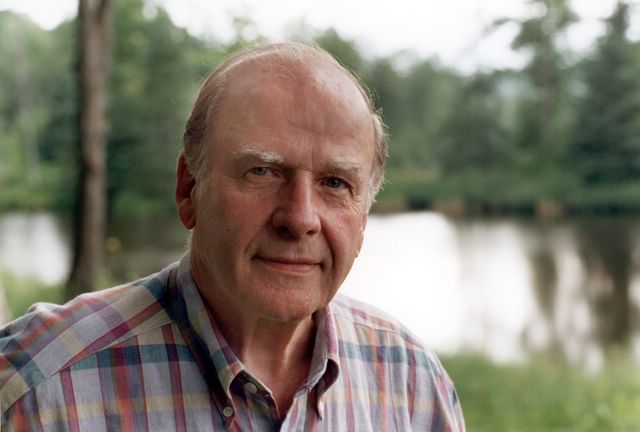 Mike CermakAs someone who spends half his time teaching and studying in a university among some rather well-off and highly educated young people, and the other half working as an environmental educator in urban high schools, I see a range of responses to the message and spectacle of Earth Day. At my university, I’m fairly involved with the student clubs that promote sustainability, and we are planning a daylong celebration with a band, exhibitor tables, art … the works. But just a few miles away, in the urban high schools, I still hear, “You’re really into that white people stuff” as a common response when I talk about eco-this or sustainable-that.
Mike CermakAs someone who spends half his time teaching and studying in a university among some rather well-off and highly educated young people, and the other half working as an environmental educator in urban high schools, I see a range of responses to the message and spectacle of Earth Day. At my university, I’m fairly involved with the student clubs that promote sustainability, and we are planning a daylong celebration with a band, exhibitor tables, art … the works. But just a few miles away, in the urban high schools, I still hear, “You’re really into that white people stuff” as a common response when I talk about eco-this or sustainable-that.
Despite the environmental movement’s newfound introspection on its largely white and affluent constituency, I still see a large gap to be bridged when it comes to how Earth Day, and the entire Earth-ethos, is embraced.
From the perspective of someone who sees strength through diversity as critical for the green movement, I’m tired of us mimicking marketers by saying we need to grab the attention of this or that racial or minority group with our message. Instead I think there can be a deeper look at what it means to have a day, a week, a month, or an hour for a sociopolitical issue (yes, there is an Earth Hour, if you didn’t know).
The truth is, I think we can answer the question of “Does Earth Day matter?” with another question: How is Black History Month doing?
Because as we enviros obsess over our own day, happily coasting on the green wave, we sometimes gloss over the idea that maybe our day would have a wider audience if we worked just as hard for other people’s days.
We should begin to look harder at the pre-existing messages about the Earth that lie in cultural celebrations outside the mainstream, whether it’s understanding why Africa is called the motherland, or what some Latinos mean by Pacha Mama. We can only learn more by discovering histories outside our own, and talking to living people who don’t necessarily look like us.
Of course, we also need to remain aware that divvying up our temporal continuum into months, years, and hours that are further divided among a plethora of themes is really a trick that lends itself to separation — not to mention commercialization. In the back of my mind, I am wary that Earth Day will become a buy your mate an eco-trinket day and lose the real value of coming together and reveling that our lease of the planet is renewed. But until my local pharmacy starts selling Earth Day goods in February, I’m still planning on partying in our organic garden with University kids and teaching about environmental justice in the hood. I’m just optimistic like that.
I am making some progress in bridging these two worlds, and Earth Day may be a good platform from which to grow a more mutual celebration. Earth Day, and any commemorative day, is a small attempt at social learning, and real learning doesn’t happen in an hour, a day, a month, or even a year. I won’t be too excited if Black History month borrows from the enviros and whittles its participatory window down to an hour. If anything, we should expand both celebrations. Caring about the Earth and her people — and working together for meaningful solutions — is a lifelong activity.




